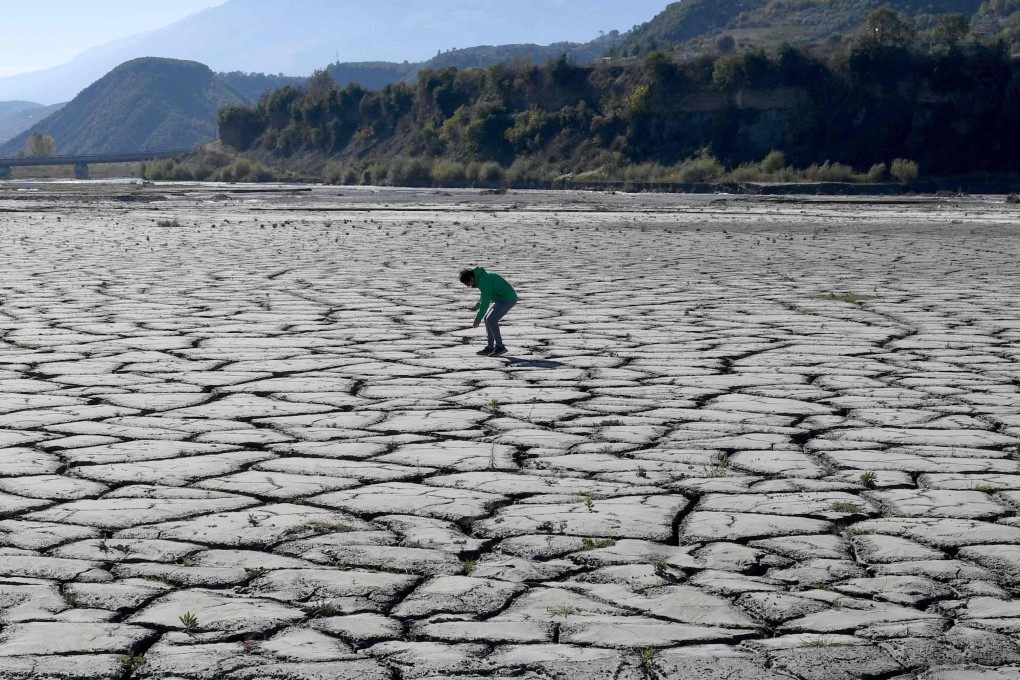Advertisement
Editorial | China and US can lead in climate change talks
- Rich nations must be willing to pay the price for the poor if the COP26 summit is going to defeat the threat posed by global warming
Reading Time:2 minutes
Why you can trust SCMP

There are daunting expectations of the global climate change summit beginning this weekend in Glasgow, partly because its predecessors have fallen short of coming to grips with the social, economic and humanitarian threats posed by global warming.
The goal of the 13-day United Nations event, also known as COP26, is to “bring parties together to accelerate action towards the goals of the Paris Agreement [of 2015]”. That is an admission the world is falling behind in the race to prevent a catastrophe.
Even if all countries meet their targets to reduce emissions by 2030, the planet will still warm by at least 2.7 degrees Celsius above pre-industrial levels this century, according to a UN Environment Programme report.
Advertisement
This is almost twice the internationally agreed target of 1.5 degrees to avert catastrophe, or at least well under 2 degrees. While global targets for net-zero emissions by mid-century could cut another 0.5 degree off global warming – a big improvement – temperatures would still rise 2.2 degrees this century.

03:38
COP26 Glasgow, the UN Climate Change Conference: last chance to save the planet?
COP26 Glasgow, the UN Climate Change Conference: last chance to save the planet?
As a result there is pressure on big polluters such as China, the United States and India to set tougher targets, and on the rich world to do more to help poor countries.
Advertisement
Advertisement
Select Voice
Select Speed
1.00x
